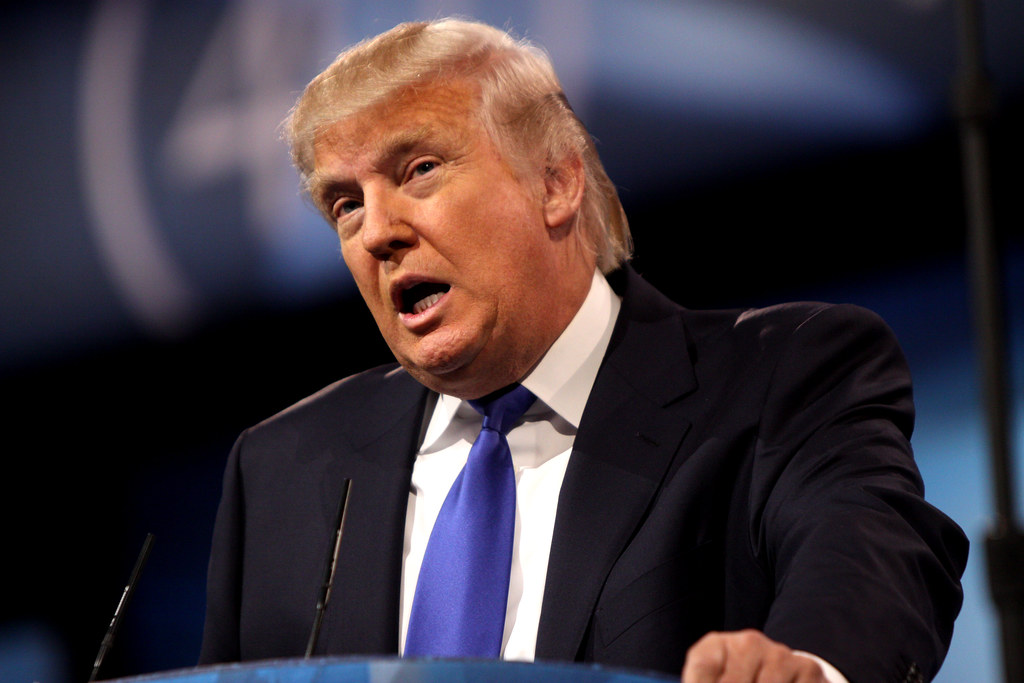Key Takeaways
- Donald Trump proposes a 50-year mortgage to help buyers afford homes.
- Experts warn that a 50-year mortgage can double total interest costs.
- Critics say banks win while homeowners stay in debt for life.
- Many call the 50-year mortgage plan “spectacularly dumb” and risky.
Donald Trump recently teased a plan for a 50-year mortgage. He says it will make homes more affordable. However, financial experts and political observers disagree. They warn this move could trap Americans in debt for decades.
The True Cost of a 50-Year Mortgage
A regular home loan lasts 30 years. That already ties people to debt well into middle age. Extending that to 50 years raises big concerns. At a 6 percent interest rate, a $400,000 home costs about $863,000 on a 30-year mortgage. However, the same home on a 50-year mortgage jumps to $1.38 million. That means half a million more in interest payments.
Moreover, a longer loan means slower equity growth. Homeowners build home value more slowly. As a result, they might struggle to refinance or sell when needed. In turn, they stay locked into their mortgages far longer than expected.
Experts Slam the 50-Year Mortgage Plan
Political strategist Mike Nellis called the idea “spectacularly dumb.” He said it shows Trump has no clue how to lower housing costs. Instead, Trump’s plan would enrich banks and keep people paying until they die.
Progressive influencer Alex Cole made the math simple. He wrote that 50-year mortgages cost hundreds of thousands more in interest. He added that cheering for them is like turkeys celebrating Thanksgiving.
Even some conservatives are uneasy. Florida commentator Richard FL joked that Trump is so “America First” he wants kids to pay home loans from age 27 to 77. Then those kids pay taxes and insurances on top of everything else until they pass away.
The group MeidasTouch warned this could lead to a crisis worse than 2008. Common Sense Investor agreed, saying banks win and homeowners never truly own their homes.
What It Means for Homebuyers
First, homeowners would pay interest nearly twice as long. Second, they might never build enough equity to move or refinance. Third, they risk being underwater if home values drop. Fourth, a 50-year mortgage could discourage savings for other goals like education or retirement.
Furthermore, long-term debt can affect mental health. People report stress when they owe money for long periods. They may delay important life events like having children or starting businesses.
On top of that, younger buyers could carry this debt into their senior years. They might need to pay both mortgage and living costs like healthcare. As a result, retirement could become unaffordable.
Why Banks Stand to Gain
Banks earn interest on every mortgage. A longer loan means more interest paid over time. Therefore, banks see a clear profit in a 50-year mortgage plan. They collect payments for two extra decades compared to a 30-year loan.
In addition, if homeowners default, banks can foreclose and resell the property. This process can repeat profitably if property values rise. Thus, critics argue that a 50-year mortgage favors financial institutions over families.
Possible Alternatives to a 50-Year Mortgage
Rather than extending loan terms, experts suggest other solutions:
• Increase housing supply. Building more homes can lower prices.
• Boost down-payment assistance. Grants or tax credits help buyers save.
• Encourage shared equity. Partnerships between buyers and nonprofits can ease costs.
• Offer income-based repayments. Adjusting payments to earnings can prevent defaults.
• Regulate interest rates. Caps on rates protect borrowers from high costs.
These ideas aim to reduce overall costs without trapping people in decades of debt.
Political Fallout and Public Reaction
Supporters of Trump see mortgage relief as a step toward affordable housing. They believe any plan to lower monthly payments helps. However, many Trump backers are now uneasy.
Some say they regret supporting him after seeing the 50-year mortgage pitch. They worry it shows he is out of touch with real needs. Others feel angry that homeowners would pay so much more in interest.
On social media, the debate grows heated. Critics use strong words like “scam” and “lifetime debt.” Even commentators in his own party express doubts.
Conclusion
Trump’s proposal for a 50-year mortgage was meant to ease housing costs. Yet experts warn it will backfire. Homeowners would pay far more in interest. They could remain in debt for life. Critics argue banks, not families, would benefit most. In light of these worries, many say the plan is a spectacularly bad idea.
Frequently Asked Questions
What is a 50-year mortgage?
A 50-year mortgage is a home loan that spreads payments over fifty years instead of the typical thirty. It lowers monthly bills but raises total interest costs.
How much more interest do you pay with a 50-year mortgage?
At current rates, a 50-year mortgage on a $400,000 home can cost about $1.38 million in total payments. That is roughly $500,000 more than a 30-year loan at the same rate.
Why do experts oppose 50-year mortgages?
Experts say they trap homeowners in debt far longer. They warn that slow equity growth and high interest hurts families. Banks, they argue, gain the most from these extended loans.
Are there better housing solutions than a 50-year mortgage?
Yes. Building more homes, offering down-payment help, and creating income-based plans can ease costs without long-term debt. These options aim to protect buyers and keep interest low.
